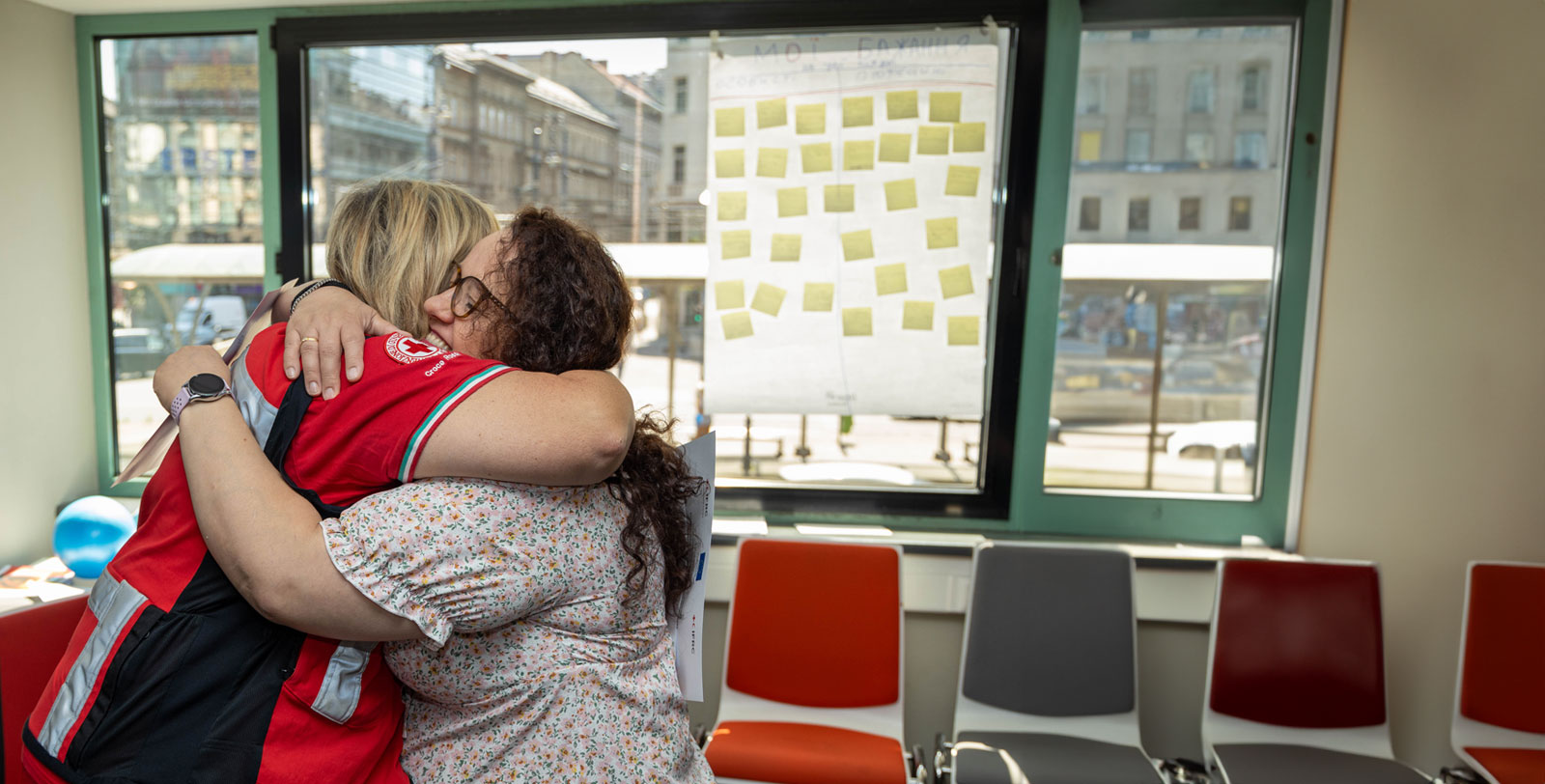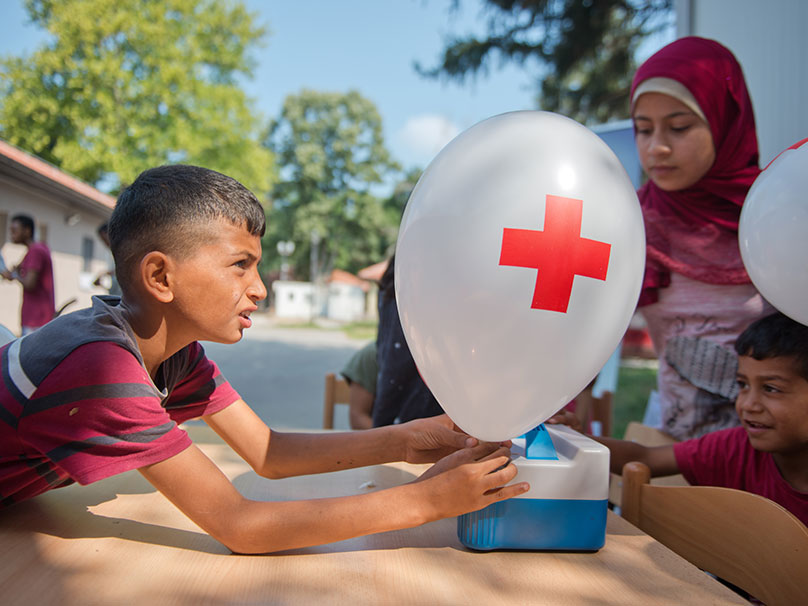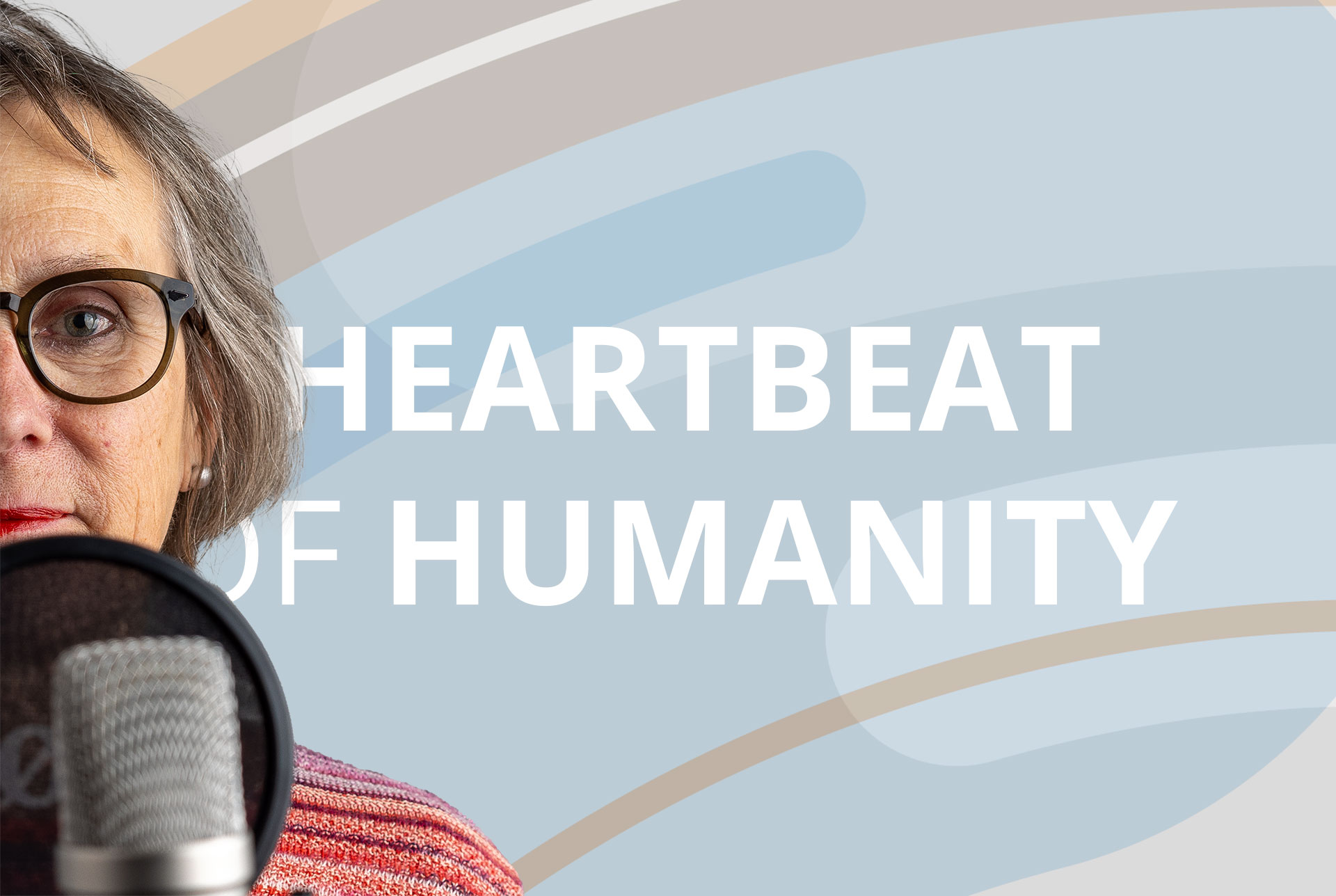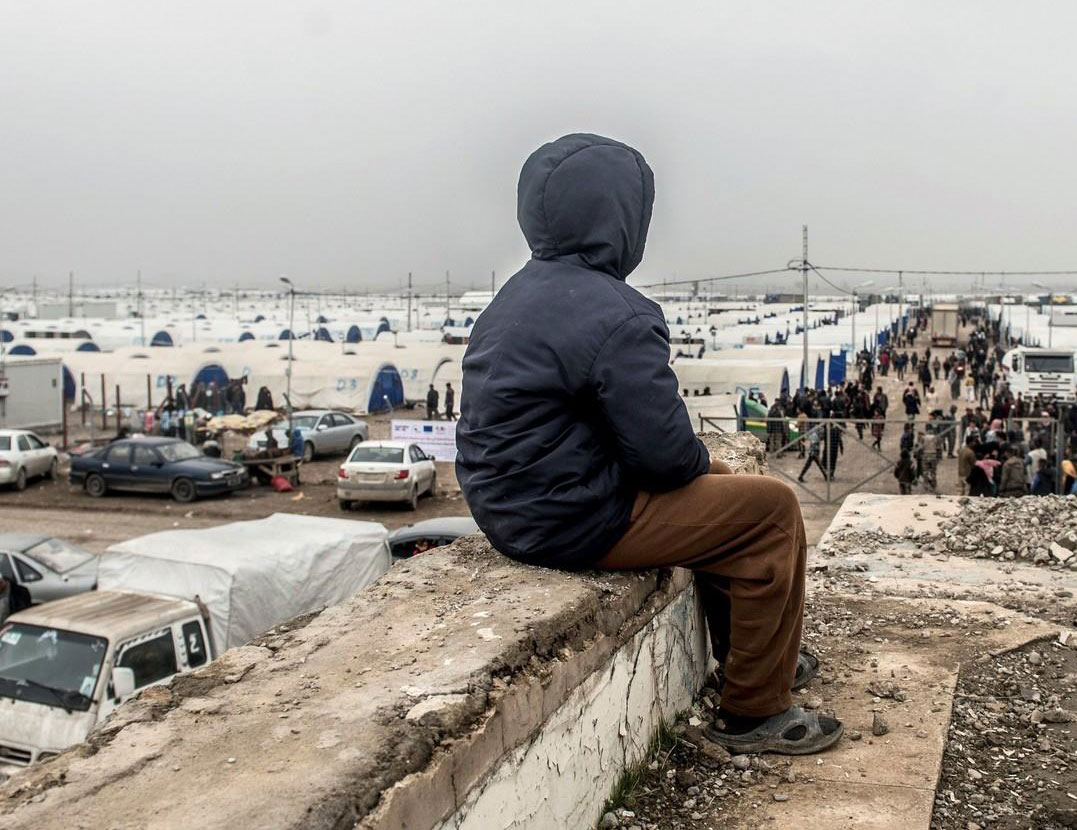When conflicts are raging, we as caregivers may be absorbed by the news reels. We watch and listen non-stop without realizing how much children are impacted by this. They watch the news too and may not be able to process this without adult support. They may also be impacted by us not being mentally present for them as the news takes all of our attention. Limit the intake of news and give children time and attention instead. Listen to them so they have a chance to tell us what is on their minds. The PS Centre has produced guidance for how to talk to children about war
- Ea Suzanne Akasha, PS Centre MHPSS Technical Advisor
The Palestine Red Crescent Society (PRCS) declared a state of emergency on 7 October, across the Gaza Strip and the West Bank due to a dire escalation in the recent hostilities. The situation is changing rapidly, but as of Friday, October 20, is it estimated that more than 13,000 people are severely injured, and at least 4,000 people have lost their lives, including 1,661 children. The International Commitee of the Red Cross (ICRC) is the coordinating body for the Red Cross Red Crescent Movement’s response to the situation.
Find the latest updates on the ICRC website.
With the situation in Gaza, the Nagorno-Karabakh conflict between Armenia and Azerbaijan, and the ongoing Russia-Ukraine conflict, millions of people, globally, are directly or indirectly impacted and it can be necessary to initiate tough conversations with children about what is happening.
See the PS Centre one-page guide How do you talk to children about war? available in six languages and the infographic poster Talking to Children about War, available in three languages.
If interested in receiving the files for printing or translating them into other languages, please contact Communications Officer Trine Rosa Larsen trlar@rodekors.dk or Jesper Guhle jeguh@rodekors.dk












